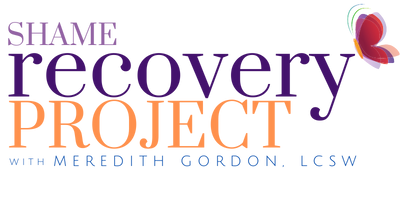Let’s say that the person—family member—who abused you is dead. But friends and family still believe he, she. they were “amazing” and “wonderful.” The father, mother, sibling, relative, friend they adored.
Their words of praise sting, anger and make you feel ashamed. That person violated you. Societal and family denial of abuse, including incest but also physical and psychological abuse, “force victims into patterns of secrecy and silence”1 long after the abuse has ended and the perpetrator is dead.
If this is you, you may feel bad about ruining their positive impression. Or about shattering their public image. Maybe you’ve tried to speak the truth and were met by: “Well, I’ll always think [fill in the blank] was wonderful.”
And your experience is once again relegated to the shadows.
This is not a post about whether you should or shouldn’t say something. It is a post about the friction and flack you get when you do, the disbelief others have, the proving and justifying you may feel to present a case that what you endured is, in fact, what you endured. There are reasons others swoop in to thwart that expression, but this is not a post about that. (For more about that, read: The Awful Myth of Complicity in Trauma.)
If you struggle with saying the words aloud you may also be feeling a reverberation of the original trauma, and the covert or overt order to keep quiet.
It is so good that you are realizing this. So incredible that you are assessing what is right for you. The good news is that there will always be more times to practice speaking truth. For more reading, Carolyn Hax over at The Washington Post, “You are not bound to secrecy about your father’s abuse,” writes about this, too.
When the abuse happened to you, whether you were violated as a child, teen or adult, you were traumatized in that moment. Now you are teasing apart the threads of your life that got wound and bound up in that rupture. Learn to remind yourself in a supportive way.
When you stop caretaking the shame that was insidiously heaped upon you (it belongs to the perpetrator), you discover your own clarity and confidence on top of that which is already there. The shift occurs in recognizing that the shame you are carrying is not yours. This has the added benefit of disrupting the secret-keeping paradigm you’ve endured.
For that, it’s worth it—and so are you.
- From: Healing the Incest Wound: Adult Survivors in Therapy by Christine A. Courtois.
Photo by Michael Carruth on Unsplash
